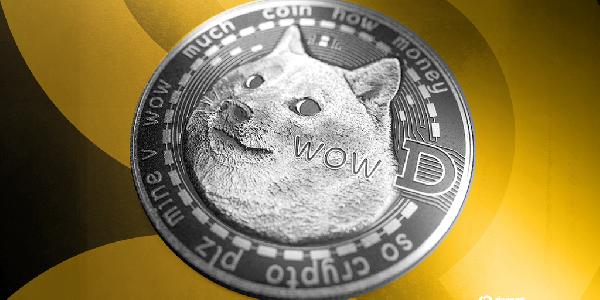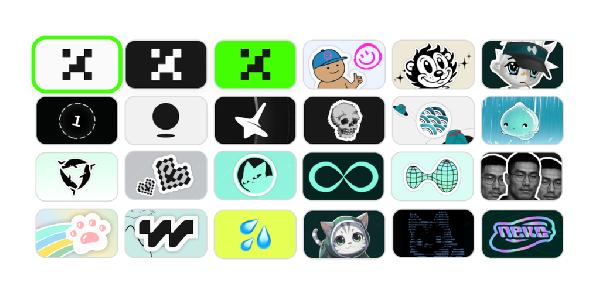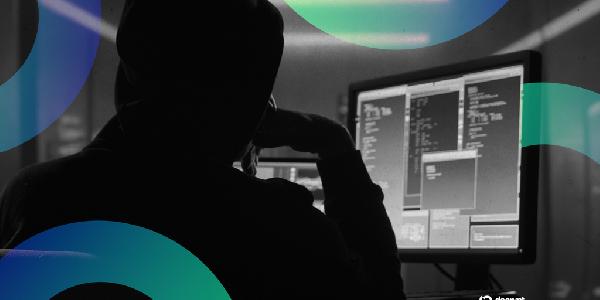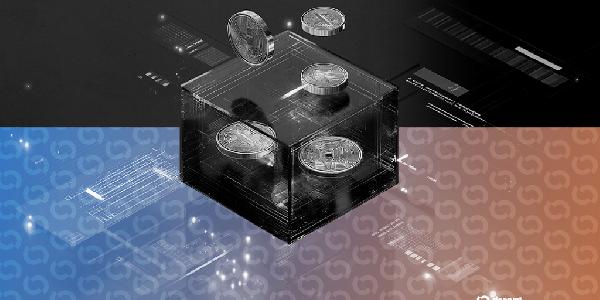HodlX Guest Post Submit Your Post
DAOs (decentralized autonomous organizations) have been gaining momentum as a new way for communities, projects and even businesses to organize themselves on the blockchain.
Unlike traditional organizations where decisions come from a centralized leader or board, DAOs allow members to participate directly in decision-making through voting.
This makes the whole process more transparent, democratic and community-driven.
However, simply having a voting system is not enough for DAOs to thrive. They need efficient ways to manage their finances and keep their members actively engaged.
This is where DeFi (decentralized finance) plays a vital role.
DeFi provides automated financial tools that help DAOs manage their funds and incentivize participation, enabling them to operate more effectively and grow sustainably.
In this article, we’ll explore how DeFi supports DAOs today, the challenges they face and the exciting innovations that lie ahead.
What is a DAO really
At its essence, a DAO is an organization that’s governed by rules encoded as software on a blockchain.
Token holders get voting rights and help shape the organization’s direction, whether that’s deciding how money is spent, what projects to fund or what upgrades to make.
This system replaces trust in individuals with trust in transparent, auditable code, making it ideal for communities that span the globe and want a fair voice in governance.
Why managing the treasury well is crucial
The treasury is essentially the DAO’s bank account. It funds everything from development to community rewards, so managing it wisely is critical.
Poor treasury management can stall projects or erode trust.
Traditionally, organizations rely on manual processes and trust individuals to handle funds, which can be slow and risky.
DeFi changes this by automating many financial operations.
- DAOs can deposit funds into DeFi protocols to earn yield through lending, liquidity provision or staking.
- Spending decisions can be automatically executed by smart contracts once approved by a vote, speeding up processes and reducing human error.
- Since transactions are recorded on the blockchain, members can track exactly how funds move, improving transparency.
How tokenomics encourages participation
One of the biggest challenges DAOs face is low voter turnout. Without enough active voices, decisions risk not reflecting the broader community.
DeFi offers creative tokenomics tools to boost engagement.
- Governance tokens – Holders get voting rights and may earn rewards like staking yields or protocol fees.
- Bonding – Some DAOs use bonding, where members lock up assets to buy discounted tokens that vest over time. This encourages long-term involvement and liquidity for the treasury.
- Gasless and off-chain voting – Platforms like Snapshot allow members to vote without paying blockchain fees, lowering barriers.
- Reputation systems – DAOs can reward meaningful participation with reputation points or badges, giving more weight to experienced members.
Transparency and security are key
Trust is the foundation of any DAO. DeFi enhances trust by making every governance vote and treasury transaction publicly visible on the blockchain.
However, DeFi carries risks, including smart contract bugs and hacks. To protect themselves, DAOs adopt several measures.
- Decentralized insurance platforms like Nexus Mutual provide coverage against smart contract failures.
- Regular third-party security audits help identify vulnerabilities.
- Decentralized oracles such as Chainlink supply reliable data feeds, crucial for governance and treasury operations.
Expanding horizons with cross-chain DAOs
While Ethereum remains the main hub for DAOs and DeFi, other blockchains have grown in popularity. Some DAOs now operate across multiple blockchains using interoperability solutions like Polkadot and Cosmos.
This offers advantages such as the following.
- Diversifying treasury assets to reduce risk.
- Including members from various blockchain communities.
- Increasing resilience by not relying on a single network.
Layer-two solutions make governance affordable
High gas fees on Ethereum once made it expensive for small holders to vote or participate. Layer-two solutions, such as Polygon, Arbitrum and Optimism, solve this by offering faster, cheaper transactions.
Examples of DeFi-enabled DAOs
- Uniswap DAO – Uses UNI tokens for governance. Their treasury invests in DeFi yield strategies to fund ecosystem growth.
- MakerDAO – Manages the DAI stablecoin with MKR holders voting on risk parameters. Automated liquidations keep the system stable.
- Aave DAO – Governs a lending platform. AAVE token holders vote on upgrades and risk management. The treasury supports grants and incentives.
These real-world examples show how DeFi protocols enable decentralized governance at scale.
Challenges to overcome
Despite progress, DAOs face several challenges.
- Low participation can lead to less representative decisions.
- Smart contract bugs carry risks.
- Legal frameworks around DAOs remain uncertain.
Addressing these will be crucial for the ecosystem’s growth.
DAOs and their social impact
DAOs are changing how communities come together beyond finance.
- Pooling funds transparently for charities and public goods.
- Running media platforms owned and governed by users.
- Funding scientific research with decentralized grants.
These social uses highlight DAOs’ potential far beyond money.
What the future holds – AI and DeFi
Looking ahead, AI could help DAOs do the following.
- Predict market trends for better treasury management.
- Suggest governance proposals based on data.
- Gauge community sentiment to boost engagement.
Together with DeFi, AI can make DAOs smarter and more responsive.
Conclusion
DeFi is more than just financial tools – it’s reshaping how groups organize, govern and collaborate.
By automating money management, rewarding participation and increasing transparency, DeFi strengthens DAOs and helps them grow.
With advances in cross-chain tech, layer-two scaling and AI on the horizon, DAOs are poised for even greater impact.
For anyone curious about the future of organizations, understanding DeFi-powered DAOs is a must.
Anuj Khurana is the vice president of technology at Oodles Blockchain, specializing in blockchain adoption, decentralized innovation and strategic growth. He focuses on scaling Web 3.0 solutions and building high-impact client ecosystems.
Follow Us on Twitter Facebook Telegram
Check out the Latest Industry Announcements Disclaimer: Opinions expressed at The Daily Hodl are not investment advice. Investors should do their due diligence before making any high-risk investments in Bitcoin, cryptocurrency or digital assets. Please be advised that your transfers and trades are at your own risk, and any loses you may incur are your responsibility. The Daily Hodl does not recommend the buying or selling of any cryptocurrencies or digital assets, nor is The Daily Hodl an investment advisor. Please note that The Daily Hodl participates in affiliate marketing.
Disclaimer: Opinions expressed at The Daily Hodl are not investment advice. Investors should do their due diligence before making any high-risk investments in Bitcoin, cryptocurrency or digital assets. Please be advised that your transfers and trades are at your own risk, and any loses you may incur are your responsibility. The Daily Hodl does not recommend the buying or selling of any cryptocurrencies or digital assets, nor is The Daily Hodl an investment advisor. Please note that The Daily Hodl participates in affiliate marketing.Generated Image: Midjourney






